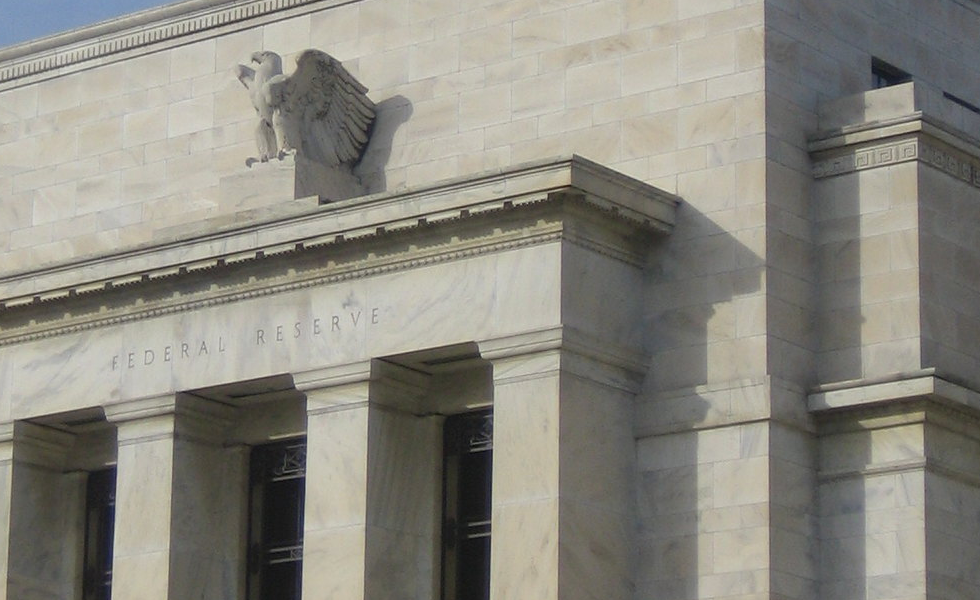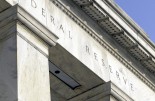ASI: No fireworks at Jackson Hole
ASI: No fireworks at Jackson Hole

This is a preview by James McCann, Senior Global Economist at Aberdeen Standard Investments, of this week's Jackson Hole conference.
Jerome Powell faces a fraught task at this week’s Jackson Hole symposium. The Fed Chair’s speech is always hotly anticipated, in spite of attempts to downplay its importance over recent years, but Powell is facing into a great deal of uncertainty. His speech comes just as enthusiasm about economic growth and inflation seems to have peaked and minutes of the last Fed meeting laid bare how far apart the committee is on the state of the economy.
The apparent discord among Fed members doesn’t make his task any easier. The July Fed meeting minutes showed some members quite far apart on what exactly to infer from labor market data, and they were even further apart on inflation. A “few” members took the view that the overshoot this year meant that average inflation was moving above the Fed’s 2% goal, confirming the suspicion that some have a relatively short look back window for this calculation. But others pointed to the narrow and likely transitory nature of the inflation surge, which would seem to imply some more tolerance, or perhaps a longer implicit window for thinking about average inflation. Finally, “several” were even more cautious, warning that these increases were unlikely to change underlying inflation dynamics, and flagging the possibility of a downward bias in future inflation.
These debates underline some of the challenges in what is an opaque average inflation framework at the Fed. But the lack of consensus also makes it harder for Powell to demonstrate genuine conviction in his speech. If there’s no clear signal coming from the committee, then there’s no clear signal that Powell can give at this stage. And markets like clear signals much more than delicate nuance.
The real tension though is that markets and the Fed are sometimes focused on slightly different things. There is a well-known link between macro momentum and the return on risk assets. But the Fed doesn’t target macro momentum, especially as growth slows as the re-opening process becomes more mature. To put it differently, the Fed can be achieving substantial progress on their full employment and price stability mandates at the same time as growth is slowing.
Regardless of what markets want, they’re going to get a finely balanced speech. That does not mean that Powell will avoid the tapering question entirely and he might add to the hints he’s already dropped about wanting to kick the process off this year.
However, it’s unlikely that Powell will effectively pre-empt this decision on Friday and he will instead wait until September to deliver a more substantive signal, in line with decisions made by the Fed at that meeting. Finally, he is likely to downplay the link between tapering and an eventual adjustment in interest rates, kicking the second question into the long grass.







